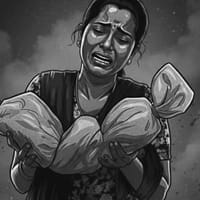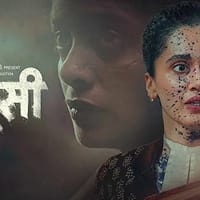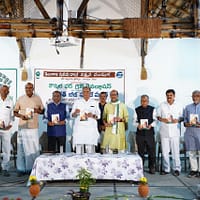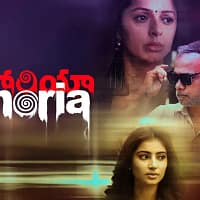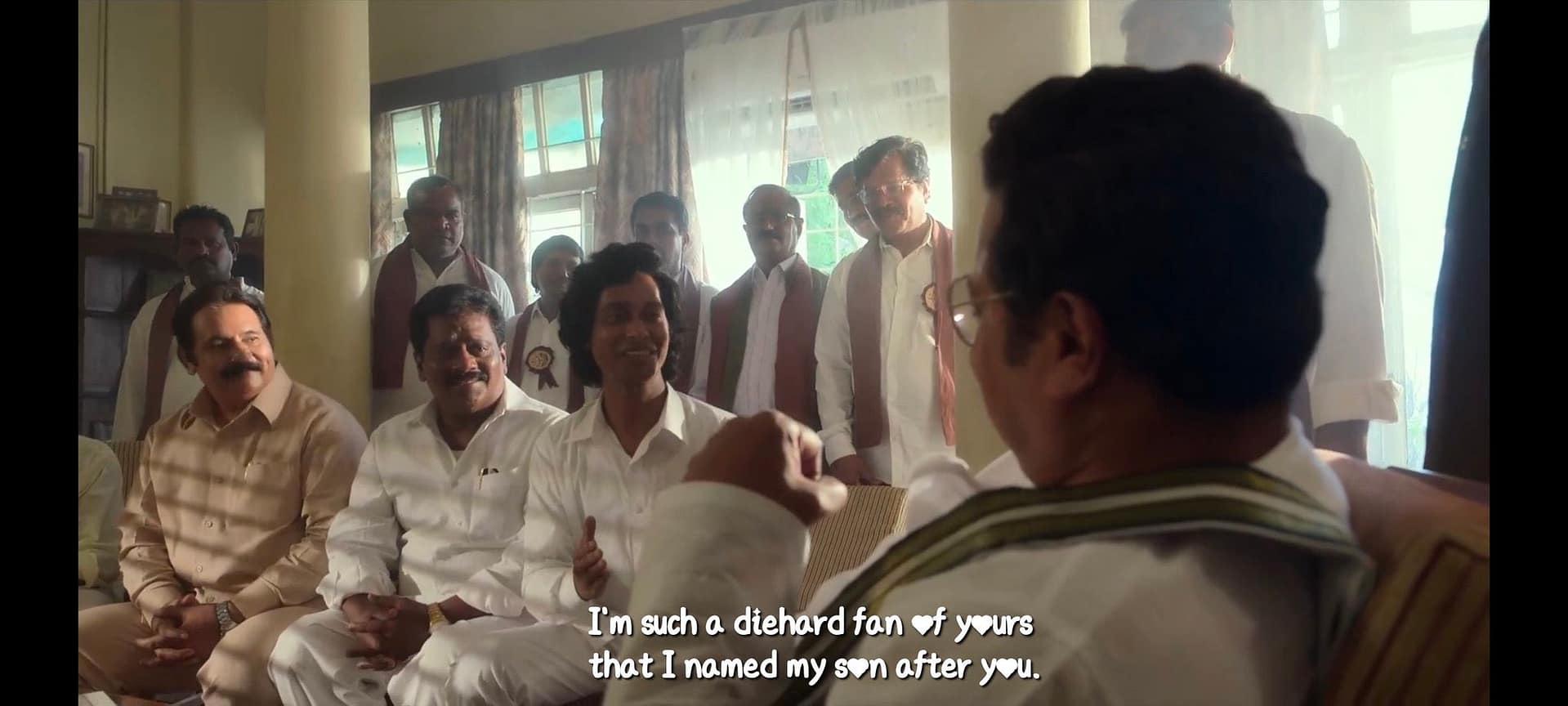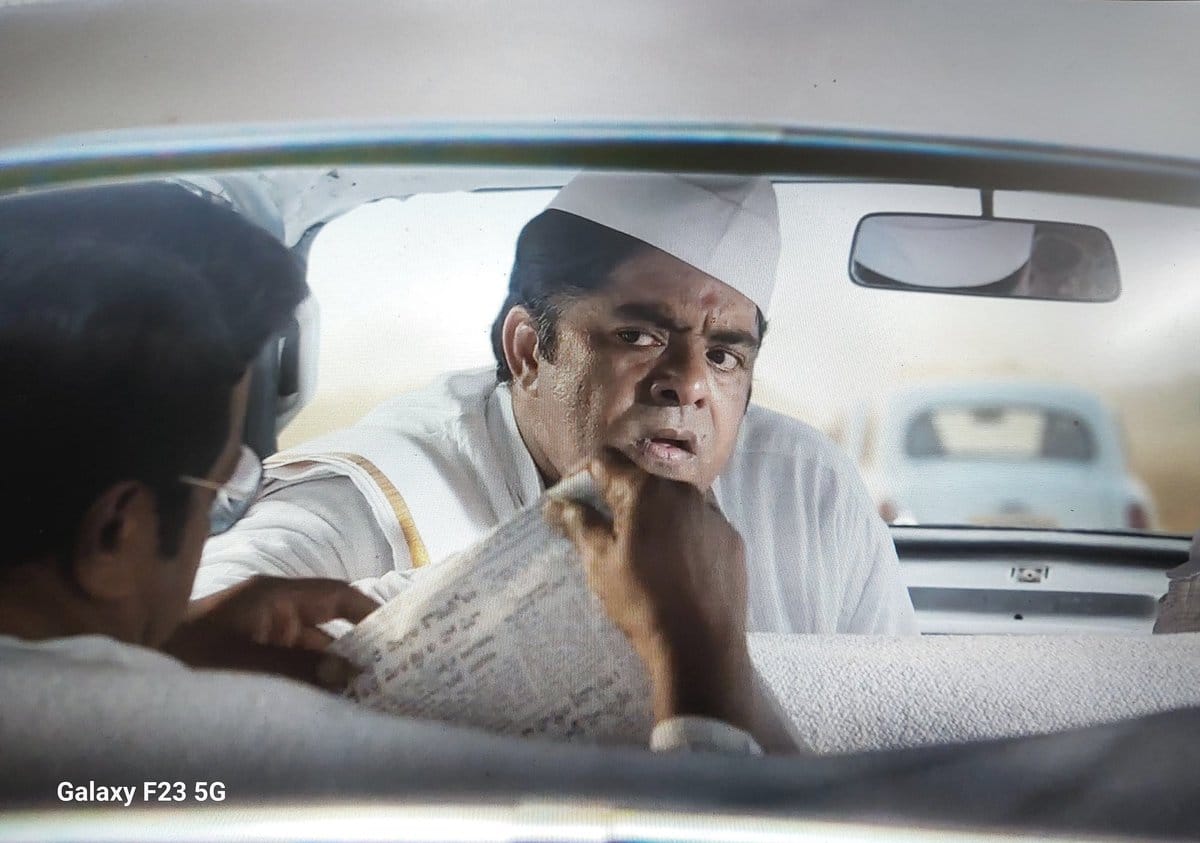Mayasabha Review: A Fictionalised Friendship Set Against Real Political Upheavals
Rating: ★★★★☆ (4/5)
By (anrwriting ✍✍✍)
*Overview*
Mayasabha, created by Deva Katta and directed by Kiran Jay Kumar, is an ambitious Telugu political drama that reimagines the early trajectories of two towering figures in Andhra Pradesh’s political history Chandrababu Naidu and YS Rajasekhara Reddy under fictional names.
Spanning the turbulent decades from the Emergency to the rise of NTR, the series blends historical events, caste politics, and factional rivalries with a heavily dramatised friendship between its two leads. The result is a narrative that is at once politically charged, morally questioning, and at times overstuffed.
*Story*
The story charts the parallel journeys of Kakarla Krishnama Naidu (Aadi Pinnisetty) and MS Rami Reddy (Chaitanya Rao) from their youth to their political emergence. Once allies in the same party, their paths diverge, shaped by personal convictions, factional violence, and the machinations of the Congress high command.
Interwoven are dramatizations of significant episodes the Vangaveeti Ranga factional war, Paritala Ravi’s story, the Emergency’s excesses, and NTR’s political tsunami rendered with varying degrees of depth.
*Performances*
- Aadi Pinnisetty anchors the series with a measured performance that grows stronger as the episodes progress.
- Chaitanya Rao delivers a serviceable turn as the more emotionally driven counterpart.
- Divya Dutta imbues the Indira Gandhi-inspired character with a controlled menace, though her arc is underutilised.
- Sai Kumar, stepping into the near-mythic shadow of NTR, fares better than expected.
Supporting acts from Srikanth Iyengar, Nasser, and Ravindra Vijay add texture, even when their screen time is limited.
*Writing & Direction*
Deva Katta’s script is fearless in its critique of caste hegemony and political opportunism, weaving in sharp observations that resonate beyond the period setting. His characters openly challenge societal hypocrisies, ensuring the series maintains thematic bite.
However, the decision to overplay the fictional camaraderie between the two central figures results in a few implausible beats, particularly for audiences well-versed in Andhra Pradesh’s political history. The pacing suffers in the early episodes, weighed down by unnecessary romantic subplots.
From the midpoint onwards, the series gains traction, culminating in a final three-episode run that delivers gripping political drama complete with high-stakes confrontations, shifting loyalties, and the seeds of future conflicts.
*Technical Merits*
The production design and cinematography convincingly evoke the era, immersing viewers in the socio-political landscape of the time. Shakthikanth Karthick’s background score is functional, with the recurring Sahodara theme lending a connective thread, though a stronger musical identity could have elevated key sequences.
*Strengths*
– A powerful final act that captures the murky realities of political ascent.
– Authentic recreation of the period’s visual and social textures.
– Deva Katta’s unflinching social commentary.
*Weaknesses*
– Overextended opening act with redundant romantic arcs.
– Too many sprawling subplots (Paritala, Vangaveeti) compressed into limited screen time.
– Occasional overreach in fictionalising historical relationships.
*Verdict*
Mayasabha begins with hesitance, finds its stride midway, and finishes with conviction. While its liberties with historical truth and early narrative drag may frustrate political purists, its thematic boldness, strong final episodes, and moral clarity make it a compelling watch.
(Note : The review is given from the viewer’s perspective)


